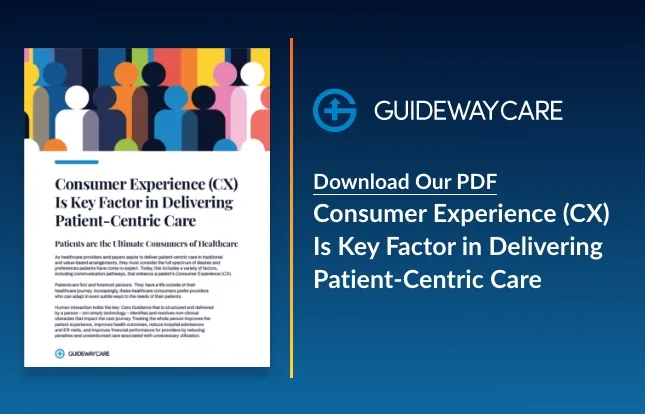Care Guidance Aligns with Medicare Advantage VBID Model, Now Extended Through 2030

Key Points:
- Model extension addresses health-related social needs of at-risk patients
- Encourages benefit design based on enrollee socioeconomic characteristics
- With care guidance in support, VBID takes initiative to advance health equity
To address Social determinants of health (SDoH) among at-risk managed care beneficiaries, CMS announces that its Medicare Advantage (MA) Value-Based Insurance Design (VBID) Model is extended through 2030. This includes changes specifically focused on health-related social detriment challenges and associated patient needs.
For example, under this Model, participating MA plans may provide patients with tailored supplemental benefits like lower costs for prescription drugs; grocery assistance to help ensure their nutrition needs are met; transportation services to make sure they can attend appointments; and support managing chronic health conditions.
In addition, this program allows Medicare Advantage Organizations to further target benefit design to enrollees based on their socioeconomic characteristics that potentially lead to health disparities and inequities.
Aligns with Guideway Care
According to Tina Graham, Chief Operating Officer: “As Guideway Care partnerships continue to achieve significant results in resolving non-clinical barriers to patient care and meeting quality goals of value-based arrangements, care guidance programs are rapidly becoming a ‘must have’ addition to the service portfolio of health systems, hospitals and provider organizations nationwide.”
Guideway’s human-interactive, tech-enabled patient engagement solution as a service is at the nexus of change, aligned with new and expanding health equity priorities in managed care where care guidance represents an innovative approach to patient activation that delivers “high-value, high-quality care.”
Care Guidance Objectives Support Extended MA VBID Model
Patient issues attributed to SDoH typically fall outside the health system’s visibility and control. These are becoming more recognized throughout healthcare as factors which contribute to a widening of patient disparities that create obstacles to care.
For more information about the MA VBID Model extension, CMS provides a fact sheet.
Guiding the Future of Equitable Care
Guideway Care provides care guidance in a solution as a service model, employing highly trained “Care Guides” that operate within a scalable, technology-enabled platform. Care Guides proactively engage with patients and their families and conducted assessments to uncover and resolve practical issues stemming from SDoH that may evolve into non-clinical barriers to their continuation of care. By following protocoled workflows and escalation paths, care guides also ensure that relevant clinical issues are immediately directed to the right member of the clinical team before becoming problematic, challenging and costly to treat.
Care guidance maximizes efficiency, lowers total cost of care and raises quality metrics in value-based care programs. As a result, hospitals and their clinical staff receive needed support to deliver quality, equitable care, generate the best possible outcomes for patients and optimize financial and operational performance.
Contact us for insight into how Guideway Care, as your partner, can implement an efficient and effective care guide solution to support your clinical team and deliver on the promise of health equity based on the needs of the patient populations in your community.
Contact Us Today To Learn How We Can Help
"*" indicates required fields




